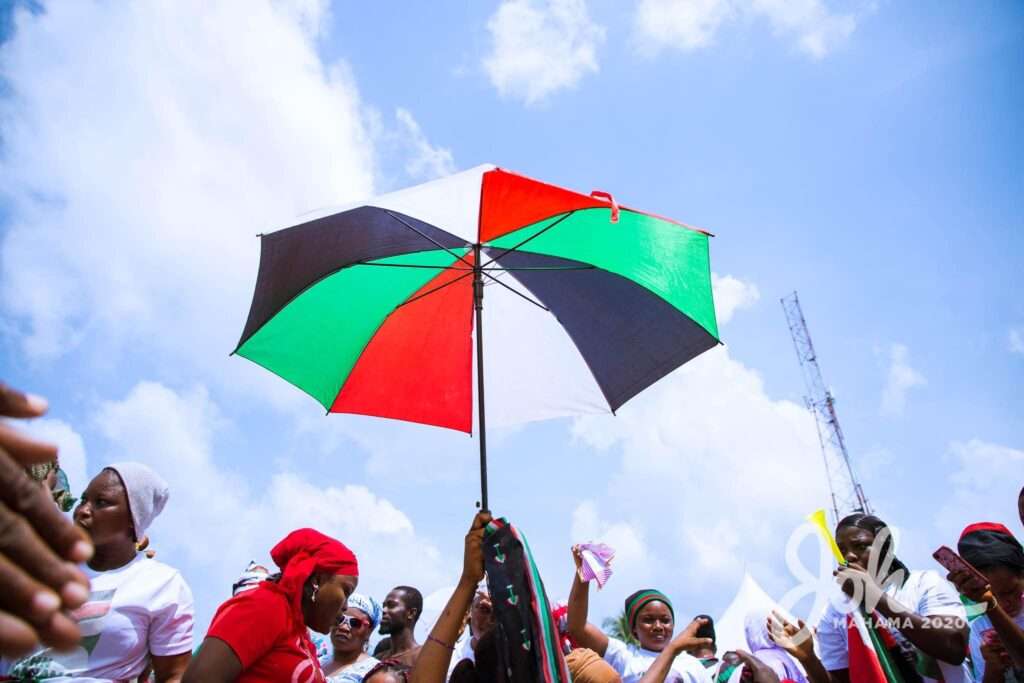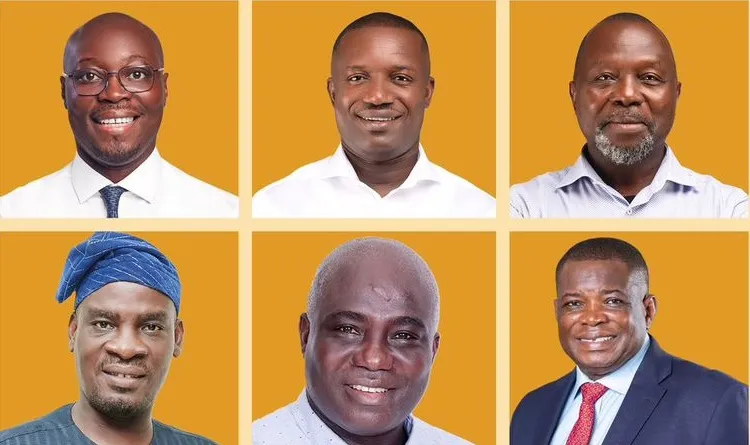In a blistering critique of Mahama’s 120 days, Dennis Miracles Aboagye, a communicator for the New Patriotic Party (NPP), has lambasted the recently elected administration for what he describes as a chaotic and hollow start to governance.
Aboagye questioned the effectiveness of the 120-day benchmark that the government set for itself, arguing that it has amounted to little more than public relations theatrics and empty rhetoric.
“Honestly, I have never been a believer in this whole 120 days thing… because sometimes I think our politics just saddles us with anything, but we just have to deal with it anyway. I don’t see what you are going to be able to do in 120 days, and that’s why in the past week, you see the government running to launch programs just to tick the boxes. It’s just to come and say that I’ve done 80%, 90%.”
Dennis Miracles Aboagye
He contended that the real story behind Mahama’s 120 days is not one of strategic governance but of a group of officials overwhelmed by the responsibilities of leadership. “We’ve been saddled with a group of people who have been disturbing our years with lamentations and complaints.”
Aboagye strongly criticized the administration’s perceived lack of preparedness, arguing that it appears the government assumed office without a clear plan or strategy.
He dismissed the ambitious campaign promises as mere rhetoric, pointing to the Ghana Cocoa Board (COCOBOD) as a case in point.

According to him, the government’s failure to raise cocoa prices to the promised GHS 6,000 per 64kg bag, he said, raises serious questions about the basis for such commitments.
As the administration reaches the end of its self-imposed 120-day assessment period, Aboagye also drew attention to what he described as glaring contradictions from top officials, including Energy Minister John Jinapor.
He referenced past video footage of Jinapor sharply criticizing energy policy, contrasting it with his current justifications as Minister.
To Aboagye, this shift suggests a troubling inconsistency and a lack of clear direction within the government.
Lofty Promises, Poor Performance Metrics
Furthermore, Dennis Miracles Aboagye argued that the first 120 days of Mahama’s administration should be seen as a period of adjustment rather than one of measurable performance.
He contended that the government rode into office on a wave of misleading promises crafted to appeal to voters, and is now struggling to reconcile those assurances with the practical challenges of governance.

Aboagye also mocked the administration’s decision to rate itself at 75% performance, questioning the legitimacy of such a self-assessment.
“You don’t decide to give yourself marks or a score. You don’t make that decision. It will be based on what you have done. I look at some of the things…and realize that the tangibles have not been done. If you look at it critically, …the things that would really push us have not been fulfilled. And you know why? Those things are difficult for you to do in 120 days.”
Dennis Miracles Aboagye
Accordingly, he argued that launching a program is not the same as implementing it. Citing the example of the “stress-free fees” policy, he noted that no first-year student has actually benefited yet, despite the government claiming fulfillment.
According to Aboagye, only 11 of the 25 promises to government pledged to achieve within the 120 threshold have been fulfilled, giving the administration a real score of 44%.
Twelve promises remain unfulfilled, while two are partially complete. In his words, partial fulfillment is not enough. “They said they will do it in the next budget. Yeah, but you haven’t done it. Nobody knows whether you will do it or not.”
Mahama’s “Lean Government”, A Costly Illusion
When it comes to Mahama’s promise of a “lean government,” Aboagye was equally unimpressed.
According to him, fewer ministers mean nothing if government spending increases. “Even if you have four people as your ministers, and you are spending more on them, it really doesn’t change much.”

He accused the administration of playing optics while ignoring the real cost of governance.
He further explained that merging ministries without actually reducing staff or operational expenses does not yield any cost savings. “So long as those ministries exist, really, you haven’t done much.”
At the heart of Aboagye’s criticism was the persistent power crisis, which he described as deeply troubling.
He stressed that Ghanaians have endured four consecutive months of erratic electricity supply and argued that ensuring stable power should take priority over symbolic measures like marginal reductions in the e-levy.
He noted the irony of removing 1% from the e-levy while hiking electricity tariffs by 14%, making the cost of living more burdensome. “E-levy is by choice, but for electricity, you have to pay.”
In sum, Aboagye painted a picture of a government that has mastered the art of launching but failed at the science of governing.
The flashy announcements, according to him, are a smokescreen for a deeper lack of preparation and commitment.
READ ALSO: GSE Market Cap Soars to GHS 139 Billion Despite Turnover Dip







